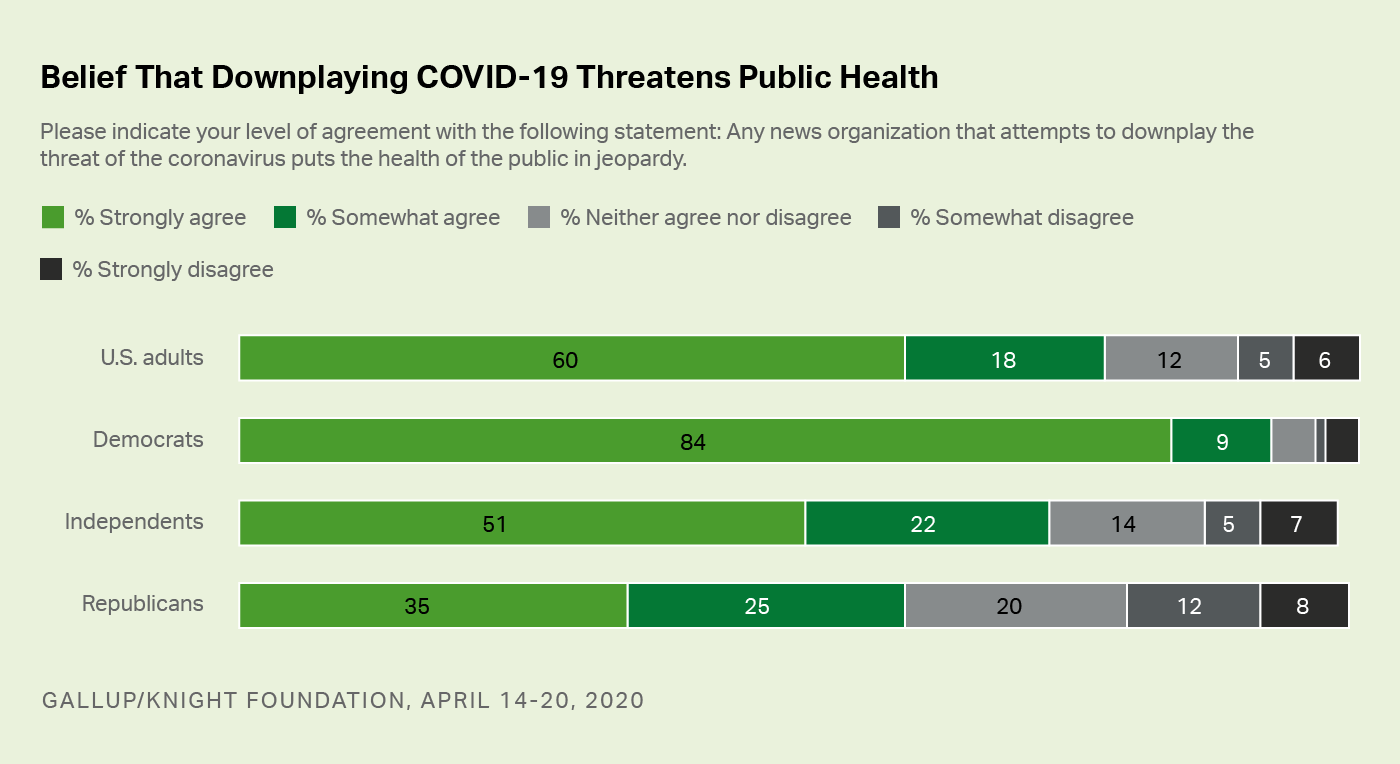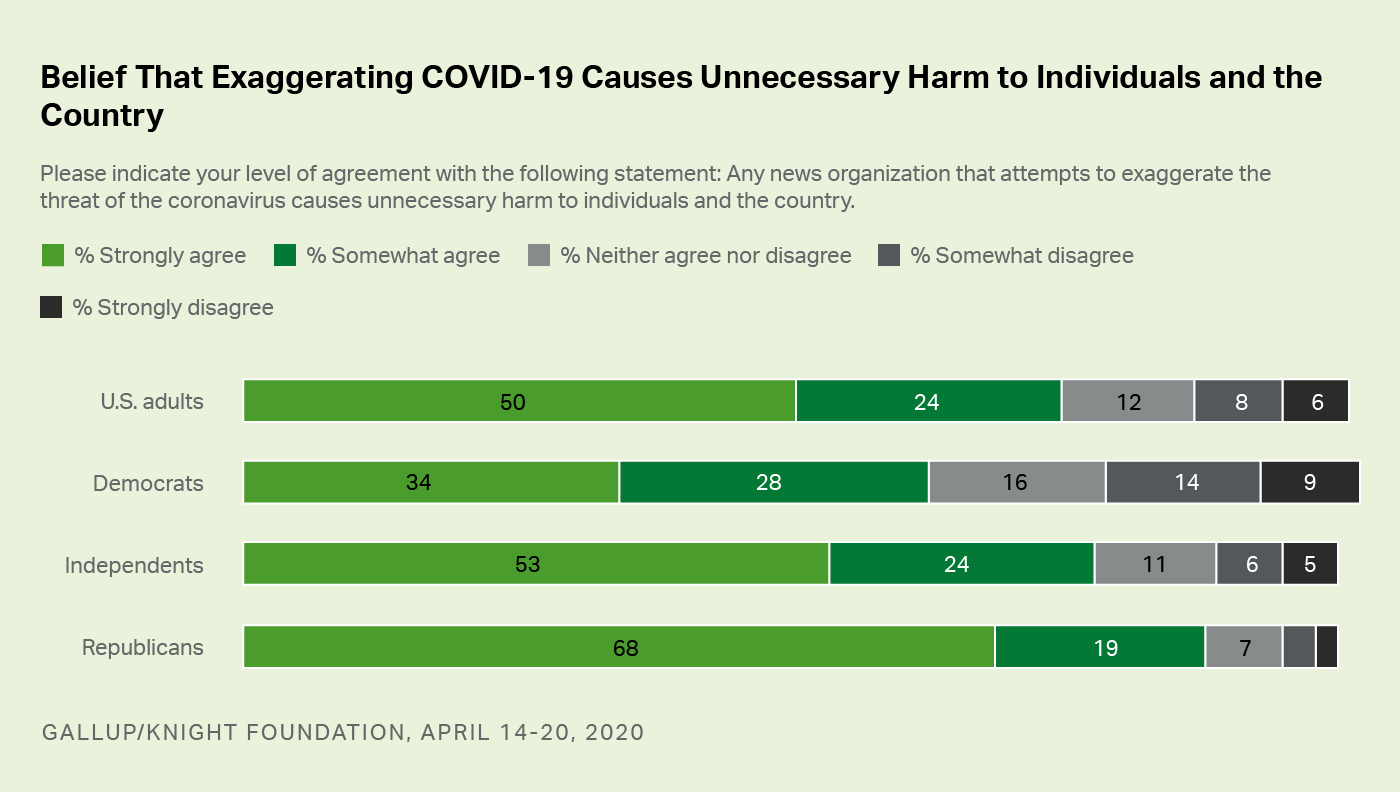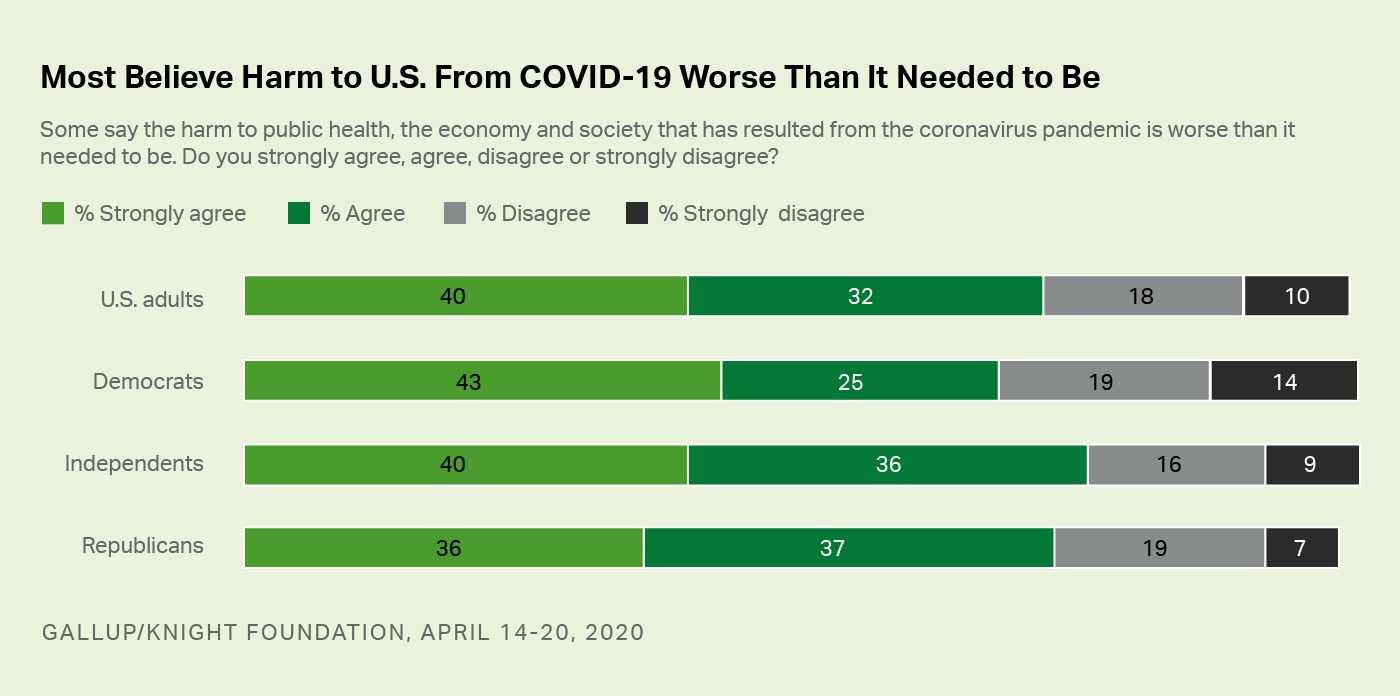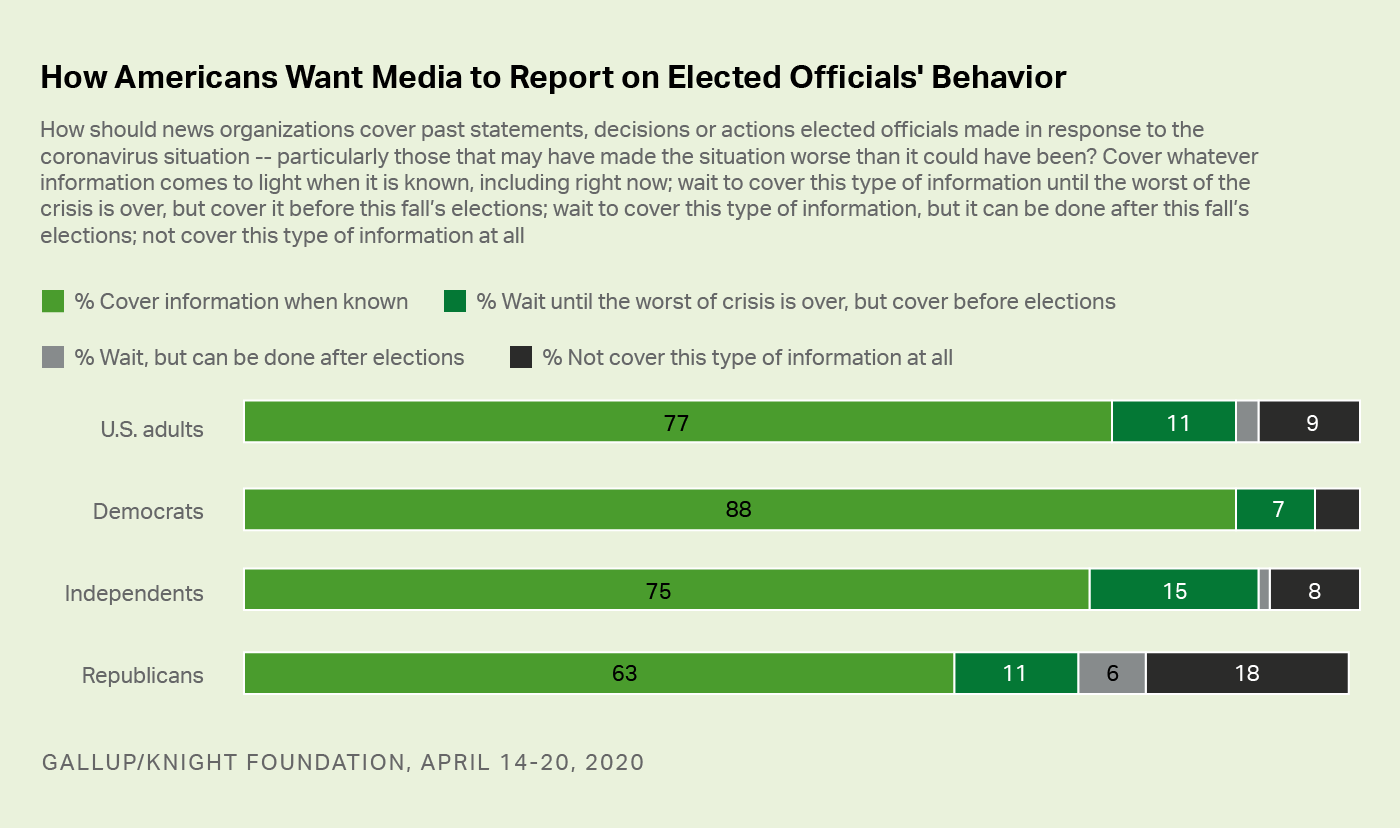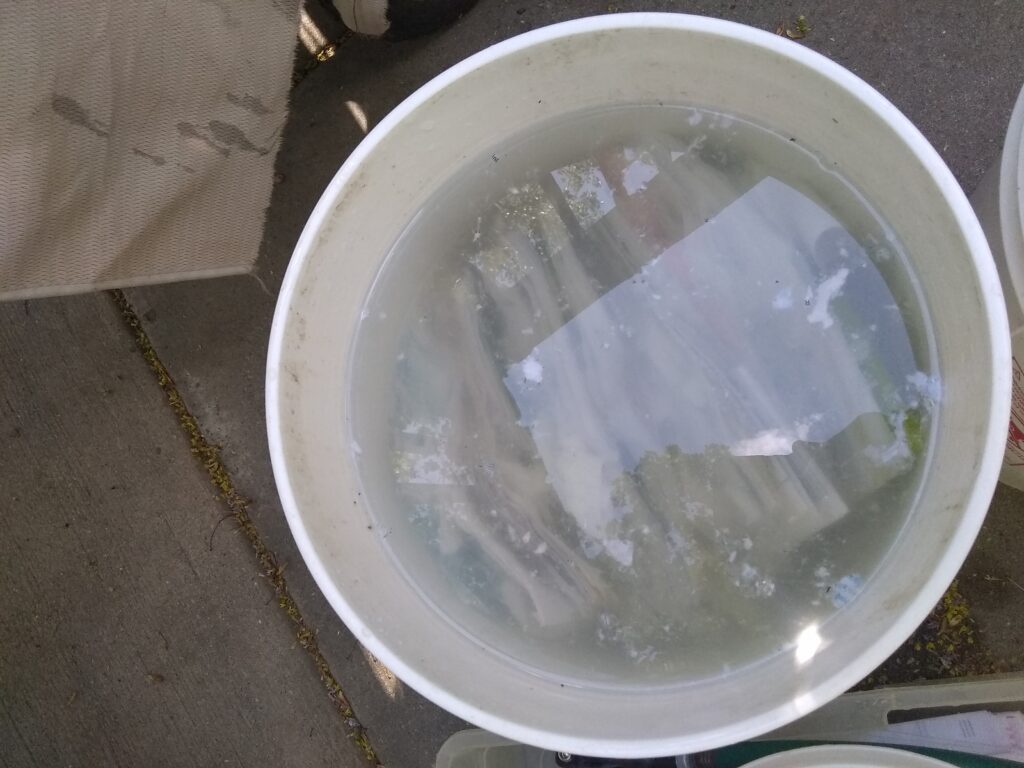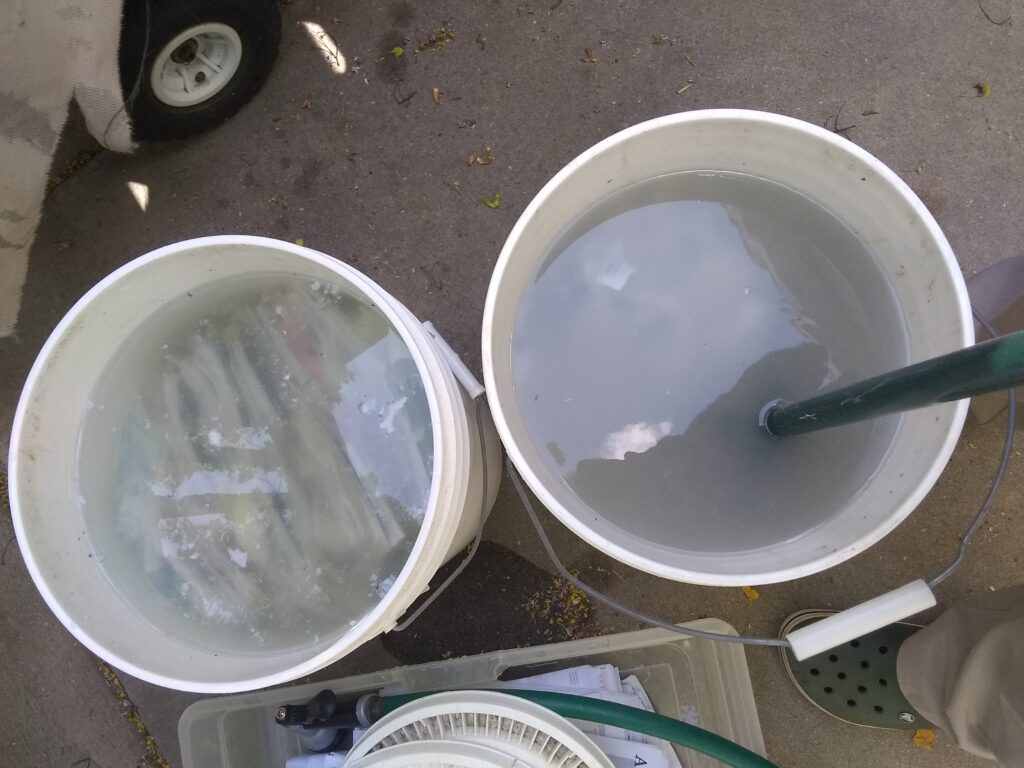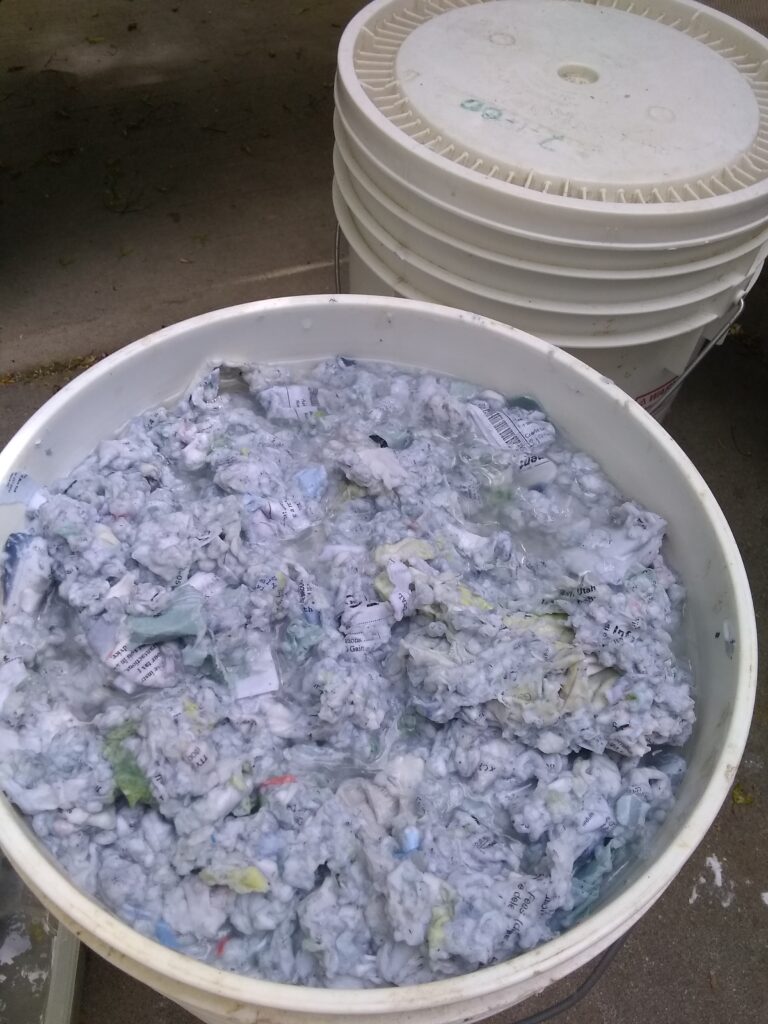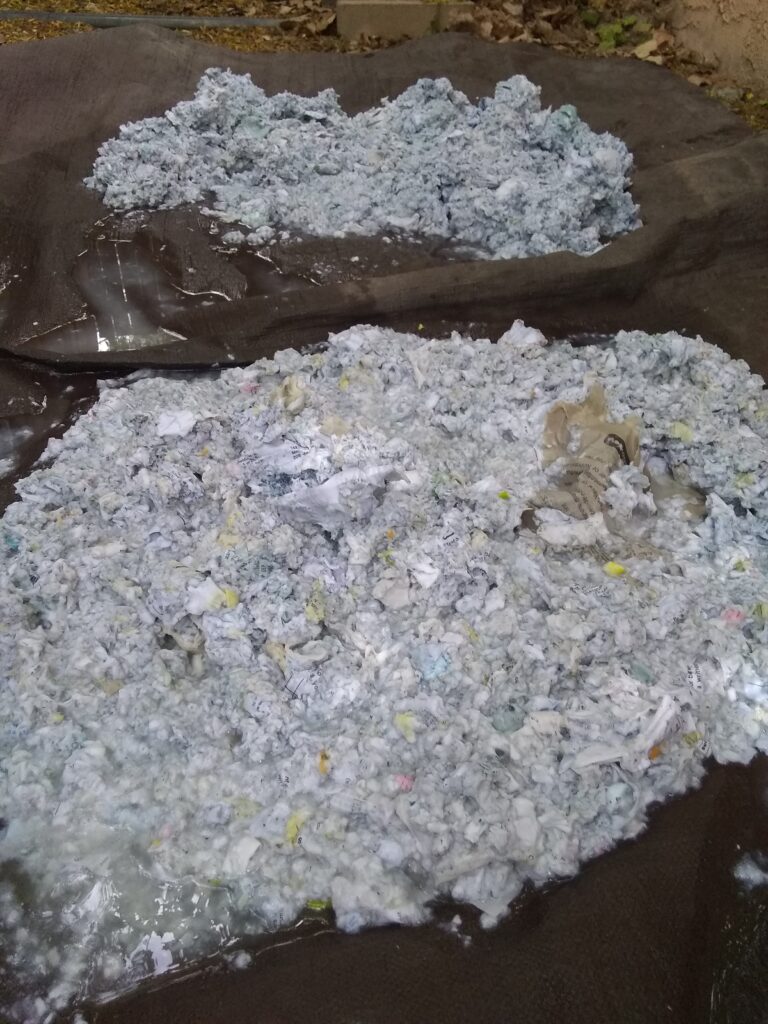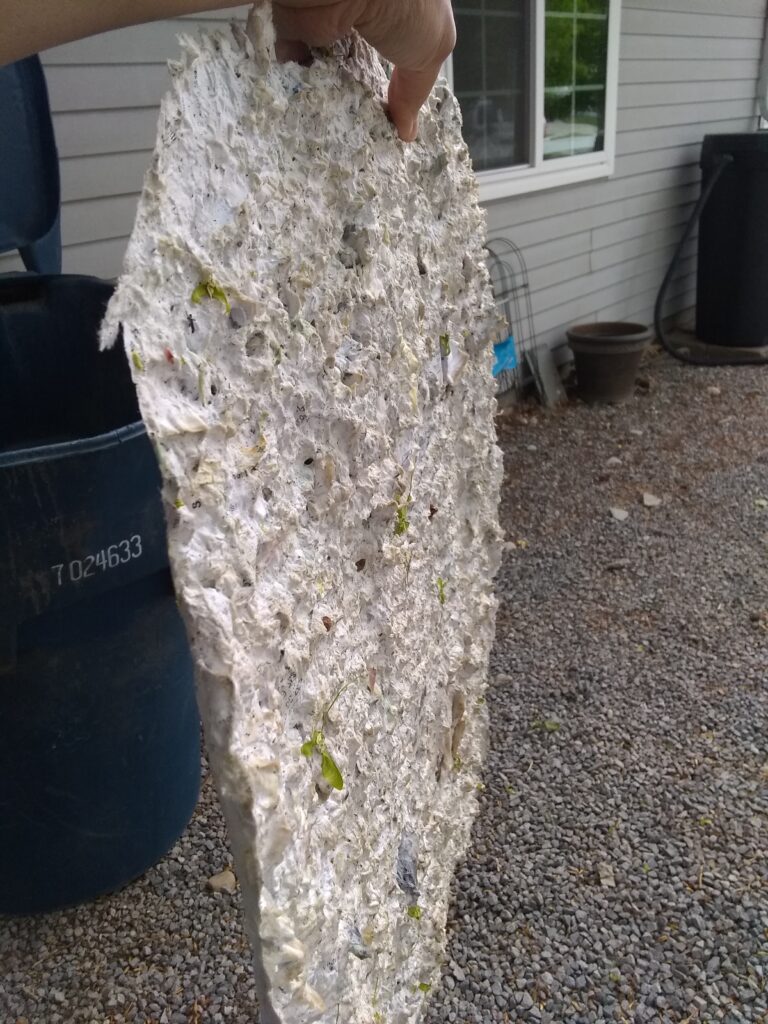There is a curse of uncertain origin: “May you live in interesting times.” Well, it would appear we are cursed. Within the space of a few months we’ve experienced a pandemic with its accompanying challenges, Asian murder hornets, and now civil unrest and riots. And through it all we’ve experienced a constant social media barrage as seemingly everyone feels qualified and obligated to tell us what to do, what to think, and what to feel.
It’s difficult to not just turn off the light and go back to bed, to say nothing of meeting each day with a smile. There’s few things more annoying to me when I’m already stressed than to have everyone lecturing one another and looking to find fault. I prefer to make social media my “happy place,” but lately it’s been anything but.
The things is, my life isn’t that bad. Working from home isn’t as difficult as I’d feared. I’m still getting paid. I’ve got most of my family around me, and my distant daughter is safe. My wife and son kept their jobs throughout all this. We’ve been able to hold church at home. I don’t really care that much about going places–at least places that would now be off limits. Our house is comfortable, our yard is perking up nicely, and I have plenty of cute, furry things to pet when I need a little fur-therapy.
But even with all that some days it’s just been almost too much to bear. Even without everything going on right now life can still hit you hard on an off day. Now, there are people who deal with anxiety and depression, and I by no means imply they should be able to just snap out of it, or that anything I’m about to suggest should work for them. But for the rest of us, here are a few things I’ve found helps me cope.
Exercise – I realized at one point amid my home isolation I had let my exercise program slide. Even when I was doing it I wasn’t doing it for very long. So I changed things up, getting up a little earlier to make sure I was getting longer, regular activity. I also took advantage of my being home and my shared interest with my younger son to get outside every other afternoon for some basketball. Pretty soon I noticed two improvements. I was feeling better physically from improved health, and following through on my goal was boosting my general satisfaction with myself.
To Do Lists – This probably won’t work for everyone, but in my case the less I feel I accomplish the worse I feel about myself. I actually don’t like to-do lists, but I do like the feeling I get when I check off an item or when I review my accomplishments at the end of the week. The thing that surprised me was to find that the size of the task doesn’t matter so much. If it’s something you need to remember to do, put it on there–in fact, the smaller they are, the easier it is to do them, so if you have something big that can be broken down into smaller tasks (ie. getting stuff you need, prep-work, the actual job, cleanup, etc.), do it! You’ll have concrete proof of having done something, and it really helps.
Ditch the Downers – I have a love-hate relationship with social media. When the majority of my feed is positive I feel positive. But the more negativity that creeps in the more I feel myself absorbing it. And I hate unfriending people–my problem, I know. But recently I discovered that Facebook gives you the ability to “snooze” people for 30 days rather than unfriending or hiding them. I find it much easier to hit the “smite” button and say, “I don’t want to deal with you right now.” There may be other ways, including taking a break altogether. If you’re like me and you can’t help absorbing the negative energy, it’s okay to admit you just can’t handle it. You shouldn’t have to handle it. Most people wouldn’t come over to your house to act like that, so it’s okay to avoid them online if necessary. Take a break.
It’s Okay – Related to the previous point, I can really get on myself sometimes. I keep telling myself I have no reason to be feeling the way I feel, that other people don’t feel this way, and that I should just snap out it and move on. Sometimes I can do it, but sometimes I just can’t. And I’m slowly coming to realize that’s okay! It’s okay to feel what I’m feeling. It might be good to look more closely and see what might be behind it, but ultimately…it’s okay. Also, cut other people some slack. We all deal with things differently, and things that bother me won’t necessarily bother you–and vice versa. If I’m dealing with something, chances are you’re dealing with something too. It’s okay if you don’t handle it the way I would. I don’t need to be like you in how you handle things. People get angry, get stressed, get hard to live with. Let them. Give them some distance if you can’t handle it yourself, but don’t beat yourself up over it. Own how you feel and make a plan to move forward.
Pull a Scarlet O’Hara – Years ago when I was out of work for two years I would have the occasional meltdown. My poor wife couldn’t talk any sense into me, and I most certainly couldn’t talk myself out of it. I’d get caught in circular thinking and go down in flames. Eventually I started learning that some days I’d just have to surrender and go to bed early. Almost without fail things would look better the next day. A good night’s sleep can act as a reset button, clearing out the mental garbage you couldn’t get rid of the day before. Sometimes I’ve even found the admission that I just can’t handle it to be cleansing enough to turn things around.
Get Outside – During this pandemic that option hasn’t been available to everyone, but even just getting out for a while to walk the dog can be great. A change of scenery works wonders sometimes.
Well, that’s the extent of my wisdom. Just remember, free advice is worth every penny you pay for it! But hopefully something in here may just help. Everyone struggles from time to time. We’ll get through it sooner or later, but every little tool, every strategy helps.
What are some of your favorite coping strategies? Leave a comment!

